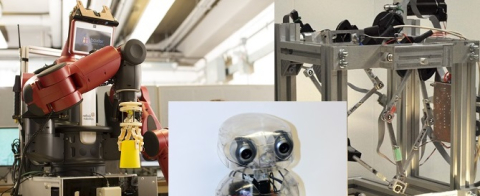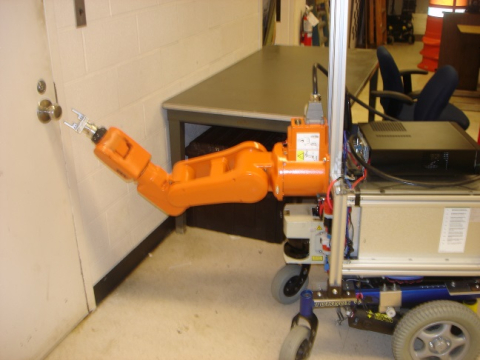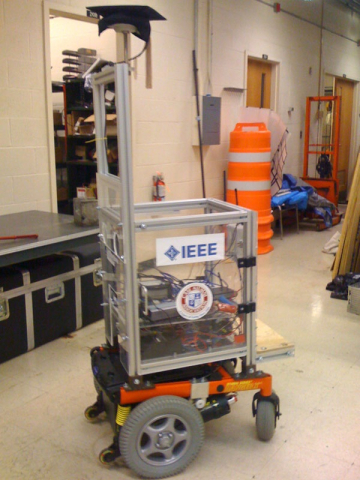The speed of technological growth is greater now than it has ever been before in human history, and one of the most important areas of emerging technology is robotics. Case Western Reserve University’s Integrated Robotics Institute (IRI) uses a cross-discipline approach to robotics in order to bring as much creativity, knowledge, and expertise to the creation of robotic systems. With a specific focus on exploration, intelligence, movement, manufacturing, and health care, the IRI is working to create robots that can revolutionize the world around us.
Imagine if as you aged, your physical environment adapted to your physical limitations: catching you if you lost your balance, bringing appropriate medication to your breakfast table, and carrying you from your shower to your dressing table. What if surgeons were able to perform complex operations with intricate precision from half a world away? What if thousands of microscopic robots could communicate and work together to complete an otherwise impossible task?
These are just some of the issues and questions being addressed by researchers at the IRI, where we work across a wide array of fields under the unifying concept of using robotics to improve the quality of human life. Areas of particular interest include aging, medical support, home management, manufacturing, exploration, and services. These areas are addressed through innovative robotic systems that are capable of sensing perception, mobility, manipulation, learning, intelligence, and social interactivity. In addition to exceptional faculty at the IRI and world class amenities and equipment, the Institute also takes advantage of the expertise of staff in the many other extraordinary departments at CWRU. Departments such as Nursing, Biology, Psychology, and Biomedical Engineering, all work closely with robotics professors and students to develop the most comprehensive and unique robotic systems in the world. As technology becomes more complex and advanced, it is increasingly clear that there are no limits to the roles that robots can take to support humanity. The Integrated Robotics Institute is at the forefront of developing those robotic systems.



